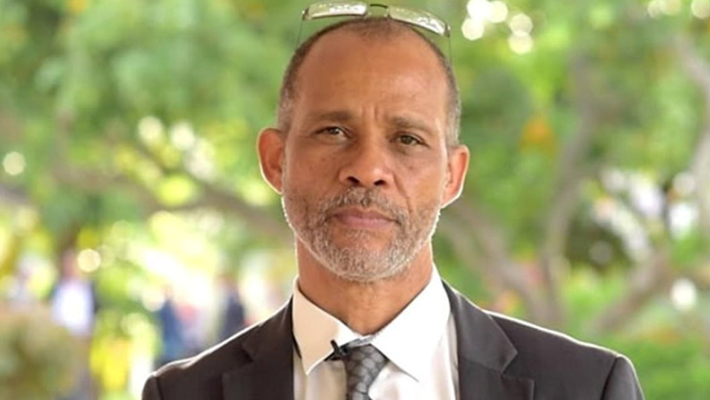
The Lagos State Commissioner for Health, Akin Abayomi, says Lagos Island has the highest number of suspected cholera cases, with 106 of the 350 suspected cases in the state.
Mr Abayomi disclosed this on Monday through his official X account @profakinabayomi while giving an update on the state’s cholera outbreak.
According to the World Health Organisation (WHO), cholera is an acute diarrhoeal infection caused by ingesting food or water contaminated with the bacterium Vibrio cholerae.
Cholera can cause severe acute watery diarrhoea, and the severe forms of the disease can kill within hours if left untreated.
Mr Abayomi disclosed that laboratory tests have confirmed that the outbreak was due to cholera. The identified strain is highly aggressive and contagious, with the potential for widespread dissemination.
Speaking on morbidity and mortality, Mr Abayomi disclosed that 350 suspected cases of cholera were reported in 29 wards across multiple local government areas (LGAs) in the state.
According to him, there are 17 confirmed cases and 15 fatalities attributed to severe dehydration caused by delayed presentation at health facilities.
The commissioner further said the geographical distribution of suspected cases by LGAs revealed that Lagos Island was the epicentre of the outbreak with 106 cases, followed by Kosofe with 49, Eti-Osa with 38, Lagos mainland with 30, and Ojo with 17.
Other LGAs affected are Ikorodu, 16; Kosofe, 16; Shomolu, 11; Surulere, nine; Apapa, eight; Mushin, eight; Ifako Ijaiye, eight; Mushin, five; Alimosho, four; Ajeromi Ifelodun, four; Oshodi-Isolo, three; Ikeja, three; Ibeju Lekki, two; Badagry, two; and Amuwo-Odofin, one.
“Through community-based case finding and contact tracing, we have observed that the number of cases has peaked and is now significantly declining,” he said.
He stressed that the state was intensifying its public health prevention campaigns to prevent a resurgence.
According to him, suspected cases are receiving free treatment at the state’s public health facilities, in line with public health response protocols.